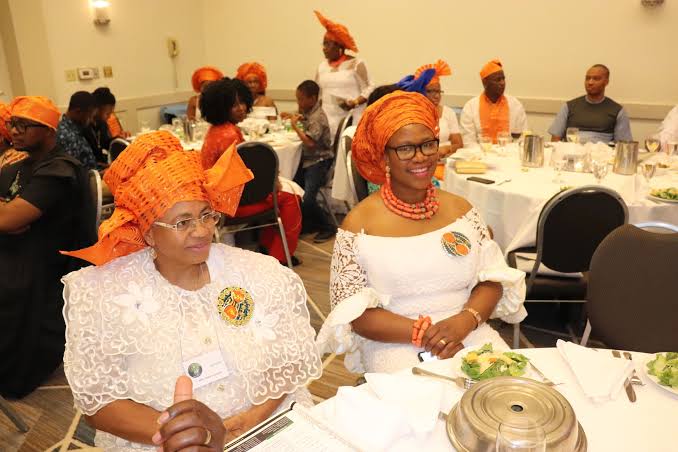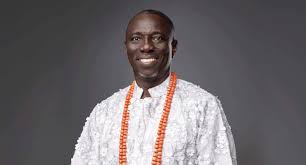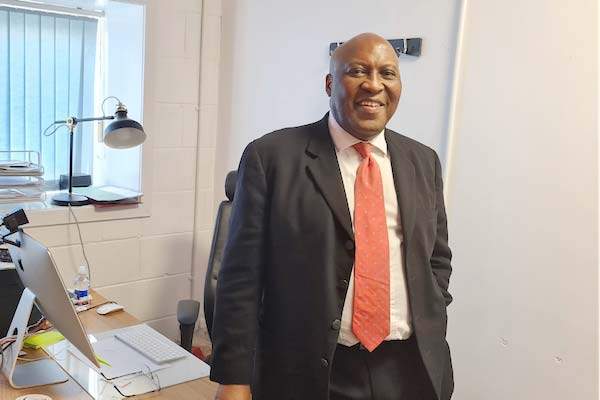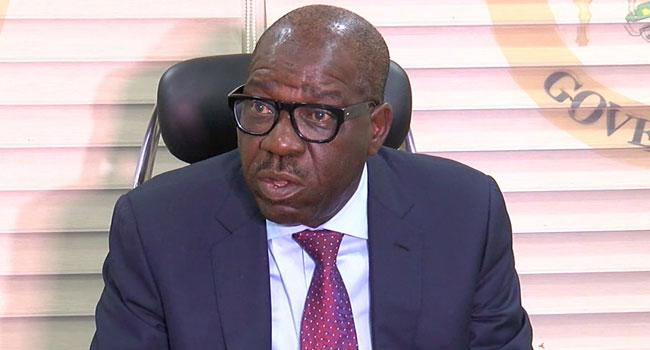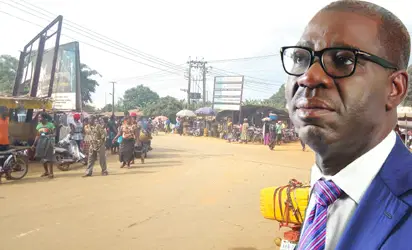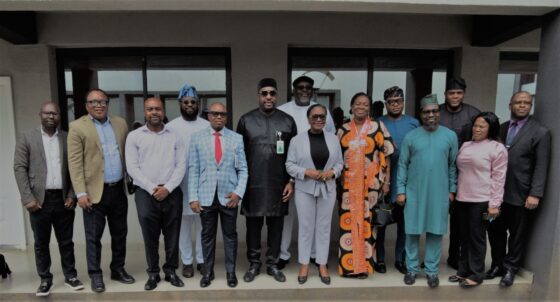Akoko-Edo Diaspora
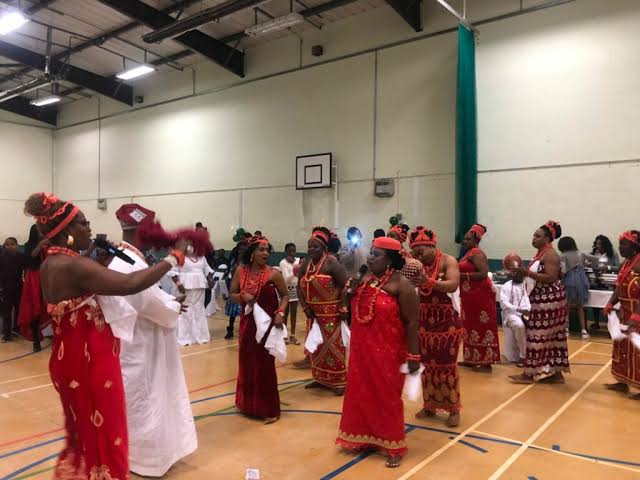
Description
The Akoko-Edo diaspora refers to the communities of Akoko-Edo people who have migrated from their homeland in Akoko-Edo Local Government Area of Edo State, Nigeria, to various parts of the world. This migration has been driven by factors such as economic opportunities, education, and in some cases, political instability. Despite being dispersed across different regions, the Akoko-Edo people have managed to maintain a strong connection to their cultural heritage while adapting to their new environments.
Migration Patterns
The migration of Akoko-Edo people to the diaspora has been relatively recent compared to other Nigerian ethnic groups. Significant migration began in the late 20th century, with many Akoko-Edo individuals moving to countries like the United States, the United Kingdom, Canada, and other parts of Europe for educational and professional opportunities. This migration trend has been facilitated by the search for better living conditions and career advancement, as well as by familial connections and network support in these countries.
Cultural Preservation
In the diaspora, Akoko-Edo people strive to preserve their cultural identity through the establishment of community organizations and cultural associations. These organizations play a crucial role in maintaining cultural practices, such as traditional ceremonies, festivals, and the use of the Akoko-Edo language. Events like cultural festivals, which showcase traditional music, dance, and art, are organized to celebrate Akoko-Edo heritage and to foster a sense of community among diaspora members.
Language and Education
The preservation of the Akoko-Edo language, also known as Akoko or Edo, is a significant concern for the diaspora community. Efforts are made to teach the language to younger generations through community classes and cultural programs. Diaspora organizations often hold workshops and educational sessions to promote the language and cultural practices, ensuring that the younger generation remains connected to their heritage despite living abroad.
Social and Economic Contributions
The Akoko-Edo diaspora contributes to their host countries economically through their involvement in various professional sectors, including healthcare, engineering, education, and business. The diaspora also plays a crucial role in supporting their homeland through remittances, which help fund family needs and community development projects in Akoko-Edo. Philanthropic activities, such as funding for educational scholarships and infrastructure projects, are also common among diaspora members.
Integration and Identity
Integrating into new cultural environments while maintaining a connection to Akoko-Edo heritage presents both challenges and opportunities. Diaspora members often navigate a dual identity, balancing their traditional cultural practices with the norms and expectations of their host countries. Participation in local cultural events alongside Akoko-Edo traditions helps them maintain their cultural identity while also contributing to the multicultural tapestry of their new communities.
Challenges and Opportunities
One challenge faced by the Akoko-Edo diaspora is the potential dilution of cultural practices and language among younger generations who are growing up in a different cultural context. However, the diaspora also presents opportunities for cultural exchange and global awareness of Akoko-Edo heritage. Digital platforms and social media offer avenues for sharing cultural practices, connecting with other diaspora members, and promoting Akoko-Edo culture on an international stage.
References
Idris, M.A. (2018). *The Akoko-Edo Diaspora: Migration, Identity, and Cultural Preservation*. Abuja: National University Press.
Akinyemi, T.(2021). "Navigating Cultural Identity in the Akoko-Edo Diaspora," *Journal of African Migration Studies*, 6(2), pp. 91-106.
Ojo, S.A.(2019). "Economic Contributions and Community Support in the Akoko-Edo Diaspora," *African Diaspora Review*, 7(1), pp. 45-60.

Related Content
Join The Edo State Digital Library
The Edo State Digital Library is a global network of researchers, archivists that is open to anyone with interest in documenting Edo State's history. There are many ways to contribute to the archive: as an individual or as an institution looking to share its content online, as a professional archivist, as a history researcher, or as someone with a love for cultural heritage. You may join as a:
.png)
.png)



